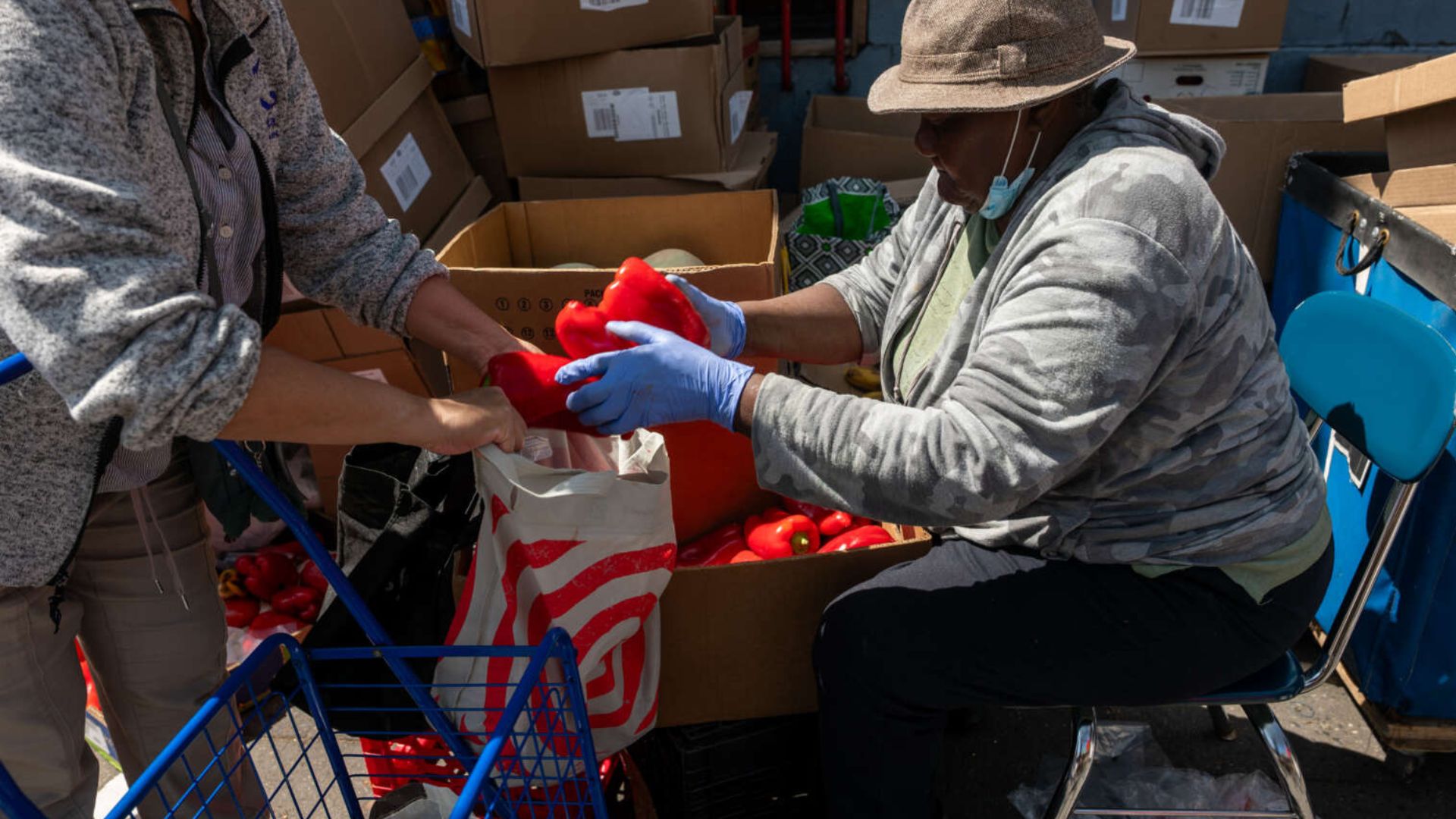
The Trump administration has abruptly ended its annual hunger survey, terminating the Current Population Survey Food Security Supplement (CPS-FSS) after three decades of tracking food insecurity among U.S. households. Officials characterized the long-running report as “overly politicized,” effectively silencing the USDA’s primary data source on national and state-level food insecurity.
End of a Key Data Collection Effort
Since the mid-1990s, the CPS-FSS—conducted each December by the U.S. Census Bureau for the USDA’s Economic Research Service—surveyed roughly 54,000 households, providing critical statistics for the USDA’s annual reports on household food security. The survey’s cancellation removes the most reliable means of measuring trends in hunger, including demographic breakdowns that have revealed disproportionately high rates among rural communities and people of color.
Context of Broader Nutrition Program Cuts
The decision coincides with wide-ranging cuts to federal nutrition assistance under the Trump administration. Earlier this year, the USDA slashed $1 billion in funding for food banks and suspended key programs that connected schools and food pantries with local farmers. The Emergency Food Assistance Program (TEFAP) saw major disruptions, with food banks across seven states reporting steep drops in inventory. Hunger Free America CEO Joel Berg warned that $1.5 billion has been cut from food-bank support since January, including a $130 million reduction in FEMA’s Emergency Food and Shelter Program—contributing to child food-insecurity rates nearing 50% in some counties.
Scrutiny of Data Collection Practices
Alongside the survey cancellation, USDA efforts to collect comprehensive SNAP recipient data have drawn fire. The agency demanded that states hand over personal details—names, Social Security numbers, immigration status—on all participants since 2020. After legal challenges temporarily halted the initiative, the USDA resumed gathering this information, prompting Democratic senators to condemn the move as turning “a program that feeds millions of Americans into a tool of government mass surveillance.” USDA spokespeople cite executive orders mandating “unfettered access” to data from federally funded state programs.
Implications for Food Security Research
The most recent CPS-FSS data from 2023 showed 13.5% of U.S. households faced food insecurity—the highest rate in nearly a decade—and quantified a national food-budget shortfall exceeding $32 billion, with meal costs climbing to $6.09 in some regions. Without the CPS-FSS, researchers and policymakers lose the ability to monitor these critical metrics, potentially obscuring the true scope of hunger as inflation and economic pressures persist. Critics argue that eliminating this survey under the guise of reducing waste and fraud will hinder efforts to address food insecurity at a time when vulnerable families need the most support.











